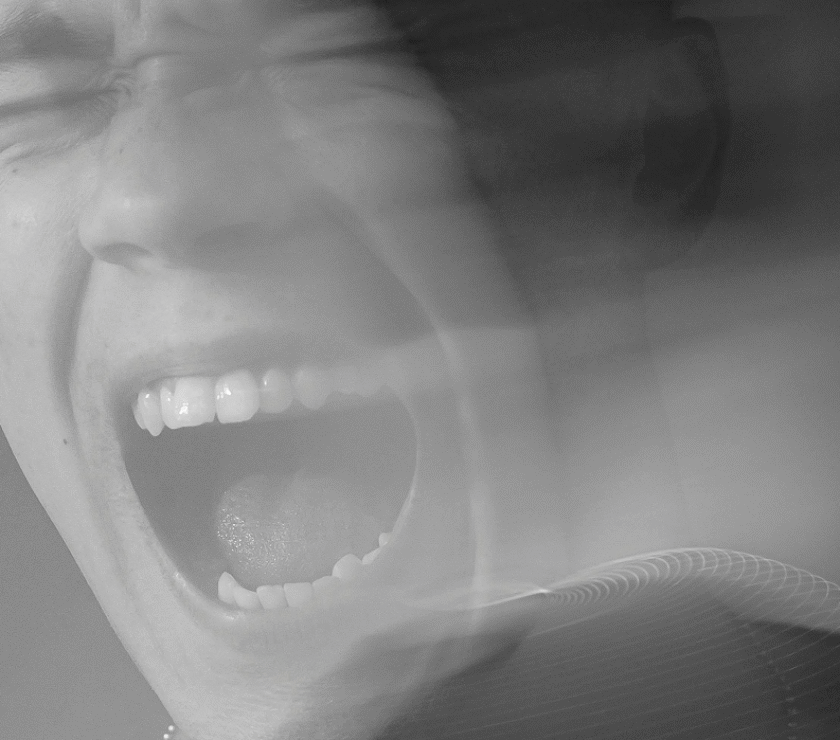The Subtle Trap of Comparison
When we piece together the best of everyone around us and expect it of ourselves, we end up chasing a life that doesn’t exist.
Comparison is something we all do. Sometimes it’s casual—scrolling through social media and thinking,
“That holiday looks amazing. I wish I could go somewhere like that.” or glancing at a colleague’s success and wondering, “Am I working hard enough?”
But often, comparison runs deeper. It isn’t just one person you measure yourself against. It’s a collage—a stitched-together version of “perfection” built from many people’s lives.
You borrow one friend’s thriving career, another person’s seemingly perfect marriage, someone else’s fitness and confidence, a colleague’s financial security, and maybe a stranger’s curated lifestyle online.
Without realizing it, you gather these fragments into a single “ideal person.” Then you turn inward and say: “This is who I should be.”
The problem? That person doesn’t exist. Even the people who seem to “have everything” are carrying invisible struggles. Yet we rarely pause to remember that.
A Story Many Will Recognize
Imagine a young professional scrolling through her phone after work. She sees one friend celebrating a promotion, another posting wedding photos, and someone else showing off their fitness progress.
Sitting alone in her apartment, she thinks: “They’re moving forward. I’m stuck. I should be doing more.” What she doesn’t see is the friend with the promotion also battling exhaustion and burnout.
The person with the wedding photos sometimes questions if marriage will fix old insecurities.
The fitness enthusiast privately struggling with loneliness.
By piecing together only the highlights, she creates an “ideal person” and then uses that image as a ruler against her own life—always coming up short.
When we piece together the best of everyone around us and expect it of ourselves, we end up chasing a life that doesn’t exist.
The Emotional Cost of Measuring Against “Perfect”
When you compare yourself to this impossible standard, it doesn’t just stay in your head. It shapes how you feel, how you act, and how you treat yourself.
- Endless dissatisfaction. Even when you achieve something meaningful, it quickly feels like “not enough.” You finish a degree, but someone else is already further in their career. You buy a home, but someone else’s is bigger. The goalpost keeps moving.
- All-or-nothing mindset. Thoughts creep in: “If I don’t have everything, I have nothing.” That black-and-white lens erases the middle ground where most of real life actually happens.
- Blindness to strengths. Comparison shines a spotlight on what’s missing and leaves you blind to what you already have—your achievements, resilience, kindness, creativity.
Over time, these patterns wear you down. They erode self-esteem, fuel anxiety (“I’m always behind”), trigger sadness (“I’ll never measure up”), and sometimes even spark resentment (“Why do they get everything, and I don’t?”). At the heart of comparison lies a quiet fear: “I won’t be enough unless I’m everything.”
The Voices Inside You
When that fear takes hold, different “voices” within you begin to speak up.
- The striving voice: “Work harder, do more, never stop.” This part pushes you relentlessly, trying to protect you from ever falling behind.
- The critical voice: “You’re not good enough yet.” This part whispers that no matter what you do, you’re still failing.
- The hurt, younger voice: “If I fall short, I won’t be loved or accepted.” This is the tender, vulnerable part that often drives the others.
When these voices are loud, it becomes difficult to hear your calmer, wiser self—the part that knows your worth isn’t defined by comparison.
Everyday Self-Statements That Reveal the Trap
You might notice this cycle in your own inner dialogue:
- “I should be further along by now.”
- “Look at them—they’re doing so much better.”
- “Why can’t I be more like her?”
- “I’ve achieved this, but it doesn’t count because others have done more.”
- “If I don’t get everything right, I’m failing.”
These thoughts don’t just reflect dissatisfaction—they reinforce it. They trick your brain into believing that unless you meet the impossible standard, you’re not enough.
Escaping the Comparison Cycle
Escaping comparison doesn’t mean you’ll never compare again. Comparison is part of being human. The shift comes from how you respond when it shows up.
- Pause and Notice. When you catch yourself comparing, pause. Ask: “Am I piecing together the best of many people and expecting myself to have it all?” Often, simply noticing the unrealistic nature of the comparison brings relief.
- Bring Balance to Your Thinking. Comparison often works in extremes: you either “have it all” or “have nothing.” Try softening the thought: “I can admire something in others and still value my own path.” Both can be true.
- Redirect to Gratitude. Comparison pulls attention to what’s missing. Gently redirect back: “What do I already have that matters to me?” Maybe it’s a supportive friend, the resilience you’ve built, or a passion that lights you up. These anchors ground you.
- Humanize Others. When you catch yourself idealizing someone, remind yourself: “I’m only seeing a piece of their life, not the whole picture.” Everyone has struggles, even if they’re hidden.
Moving Toward Self-Compassion
When you stop chasing an impossible standard, you create space to live more honestly. Life isn’t about having every strength, every success, every gift.
It’s about discovering what truly matters to you—and giving yourself permission to build a life around that. Self-worth grows not from comparison, but from compassion. And compassion begins with telling yourself: “I don’t need to have it all. I need to have what’s meaningful for me.”
Compassion isn’t automatic—but it’s a skill you can practice. It’s the decision to speak to yourself with the same understanding you’d offer a friend, especially when your mind is busy pointing out what you lack.
Comparison is automatic; compassion is intentional. You may not be able to stop the comparing voice from showing up, but you can choose how to respond when it does. Every time you notice yourself measuring against an impossible standard, you have an opportunity to pause and choose gentleness over judgment.
The next time you think, “I should be more like them,” try asking: “What part of my life already reflects what matters most to me?” You may find you’re not as “behind” as you thought—you’re simply human, living in the middle ground where real life happens.
You don’t need to chase an impossible standard. You need to create your own. And that standard is not about being everything—it’s about being yourself, with kindness.


